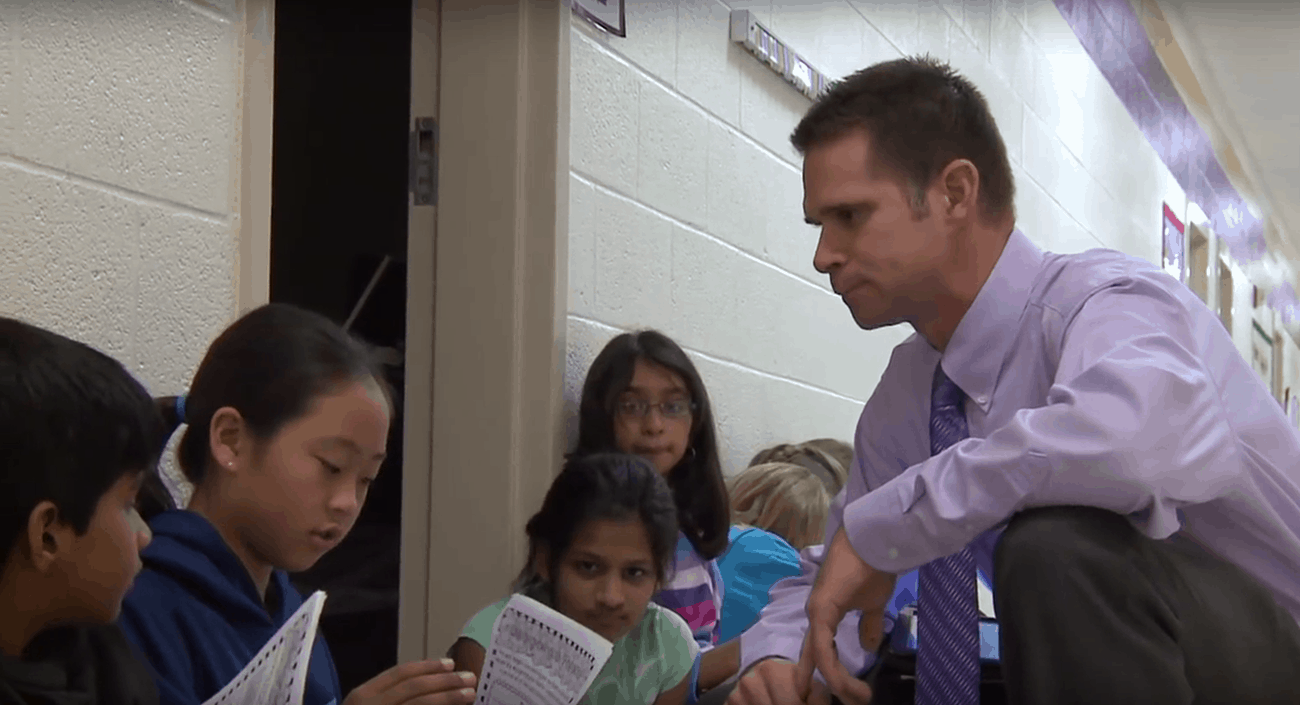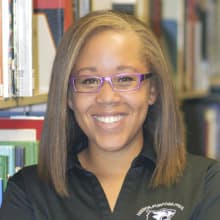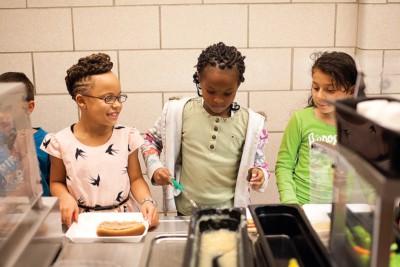The Public School Forum of North Carolina is now accepting applications for the 2016-17 class of the Beginning Teacher Leadership Network. The application period is open through the end of this month. Early-career teachers in Wake, Mecklenburg, and Union counties are eligible.
Being a beginning teacher is challenging, to say the least.
Rick Smith said it best when he uttered, “Being a new teacher is like trying to fly an airplane while building it.”
My alma mater, Meredith College, provided me with the parts to build a dependable and long-lasting aircraft: the depth of knowledge in special education law and how to effectively implement classroom management practices while delivering instruction using evidence-based practices. I have plane parts with a lifetime warranty: a faculty member who will answer my questions via email or meet me for coffee on a Saturday to catch up.
I was expected to assemble this jet sans fully stocked toolbox or license to pilot.
Wake County Public Schools (WCPSS) equips beginning teachers with a tool chest full of equipment to put together the parts of this plane: the Beginning Teacher Support Program, which provides mentors for BTs and frequent observations used to improve practice. Among other helpful tools: monthly meetings consisting of professional development and opportunities to share with other teachers.
The Public School Forum of North Carolina has gifted beginning teachers in Wake, Mecklenburg, and Union counties (with more to follow) with a license to pilot a perfectly-crafted airplane. Without Beginning Teacher Leadership Network (BTLN), my plane would be sitting in a hangar, dormant. Since participating in this innovative program, I have been flying with confidence. I shine in the classroom with my students, alongside my hard-working colleagues and friends who dedicate time and energy every day to do right by their students. I am eager to learn from educational leaders in my district and state who are working to make positive change in policy and programs every day. I’m strong-willed in my efforts to make decisions within my professional learning teams and school-based systems that address students’ needs. I am assertive in my ability to engage in conversations with both peers and policymakers.
BTLN has provided engaging professional development sessions that supplement those delivered by WCPSS on improving classroom practices and positively affecting student learning.
Through BTLN, I have attended professional development sessions on strategies for assessing student work, employing technology in the classroom, and improving instruction through evidenced-based practices. These professional-development sessions have motivated me to attend other types of professional development in my district and throughout my state.
BTLN offers countless opportunities to collaborate with other teachers, both novice and veteran, to develop deeper understanding of topics such as Common Core and specific content areas.
A professor in my master’s program once told my cohort of future special education teachers that their “filing cabinets” would be empty when they entered their first classroom. She was right. I didn’t have worksheets, lesson plans, or systems for monitoring IEPs and student progress. I had nothing when I entered my first high school classroom last fall.
Thankfully, I attended BTLN, where in one session, special education teachers from the area were invited to share resources and practices that have worked well for them in the past. I have kept in touch with these teachers through Twitter and continue to exchange ideas and resources. This network of teachers, both online and in-person, is priceless for a new teacher with an empty filing cabinet.
BTLN allows space for beginning teachers to build a solid foundation in education policy and find their voice to advocate for policy that directly affects their daily lives, inside and outside the classroom.
I have attended several BTLN sessions where a panel of special guests speaks to the cohort of beginning teachers. Guests have included professors of education from local institutes, staff from the Department of Public Instruction, policymakers past and present, and more. Mustering up the courage to speak with these VIPs in education about simple tasks like delivering quality instruction and communicating with parents wasn’t hard. But finding the confidence to engage in meaningful conversations about teacher pay, curriculum, and policy changes was freeing and is giving me the wherewithal to find my voice. BTLN has provided me with the knowledge about how to contact legislators regarding bills and votes with which I agree or disagree and why, based on research and experience.
At a planning retreat for this program, a passionate young teacher from Mecklenburg County called BTLN a movement. A movement can be defined as a group of people working together to advance their shared political, social, or artistic ideas. North Carolina is full of teachers, especially beginning teachers, who are part of this movement working together to make public schools work for students and their families, and for other hard-working teachers like themselves.
As a second-year teacher, hopeful about the future of public education, I am proud to be a part of this movement to affect necessary change for North Carolina’s students and teachers. I’m eager to use my newfound voice to advocate for policies that enhance public education in North Carolina and share my passion with other teachers in the state.
I am thankful for teachers, friends, and other colleagues who dedicate their time to supporting new teachers in their quest to “fly an airplane while building it.”





